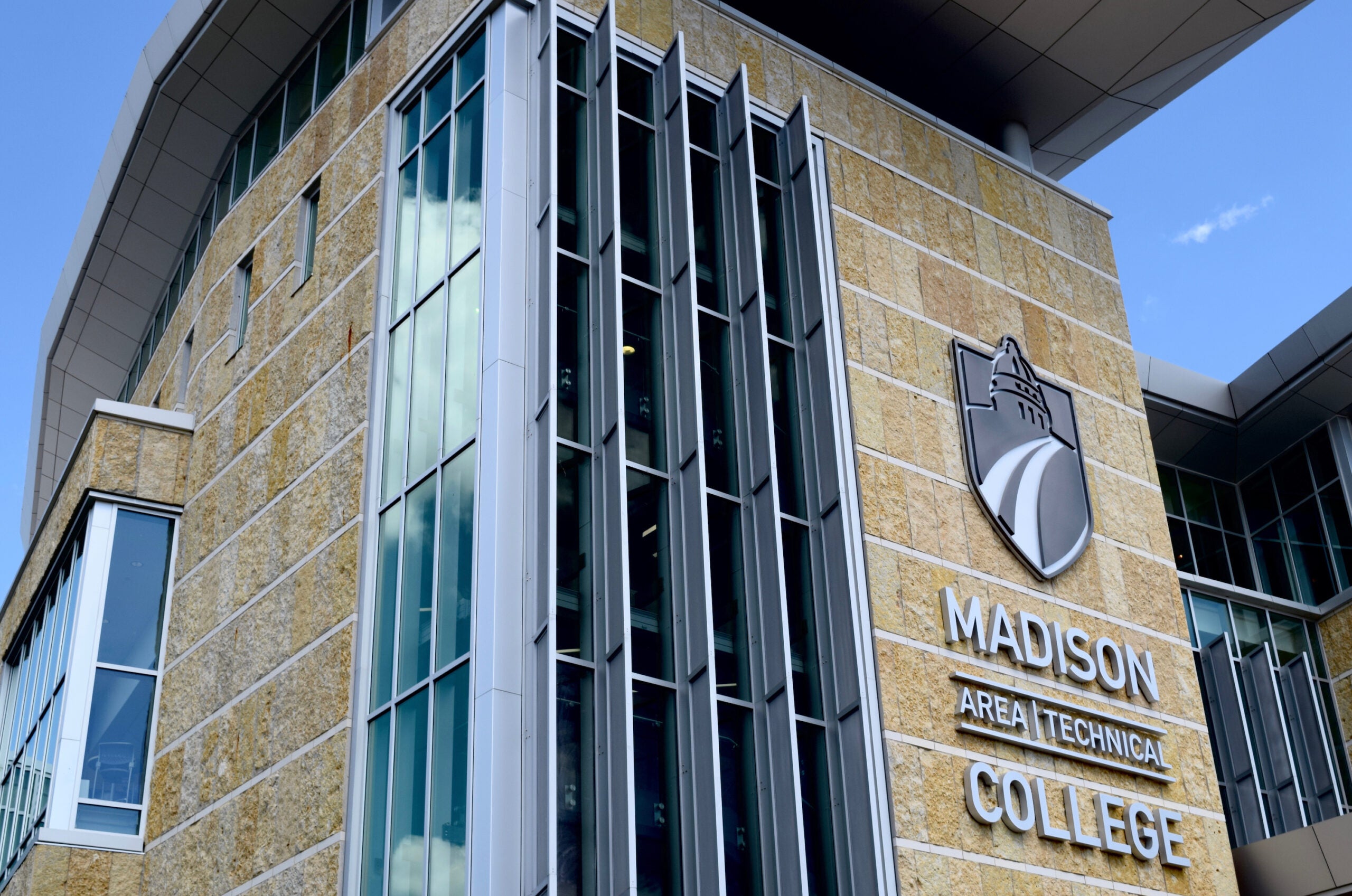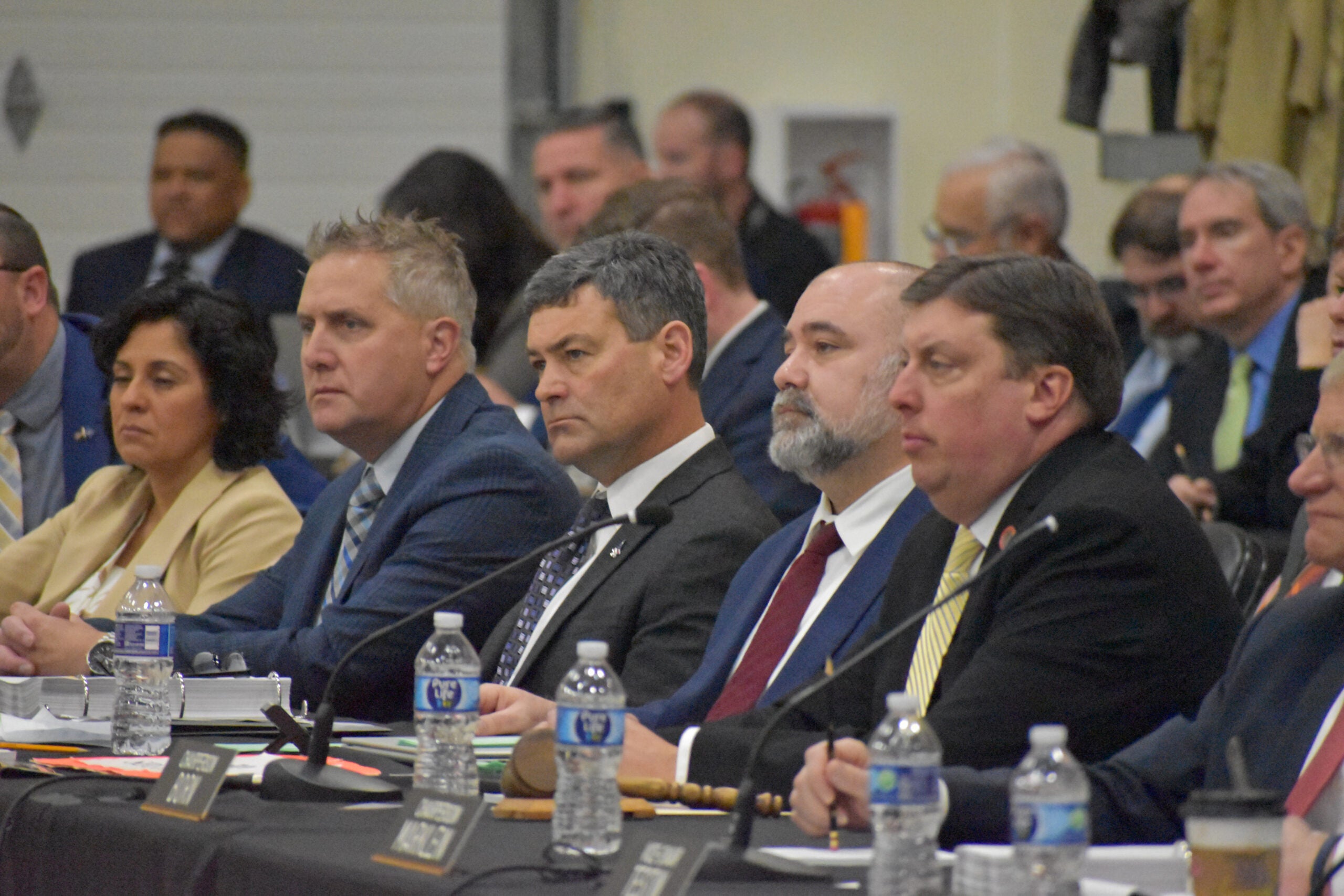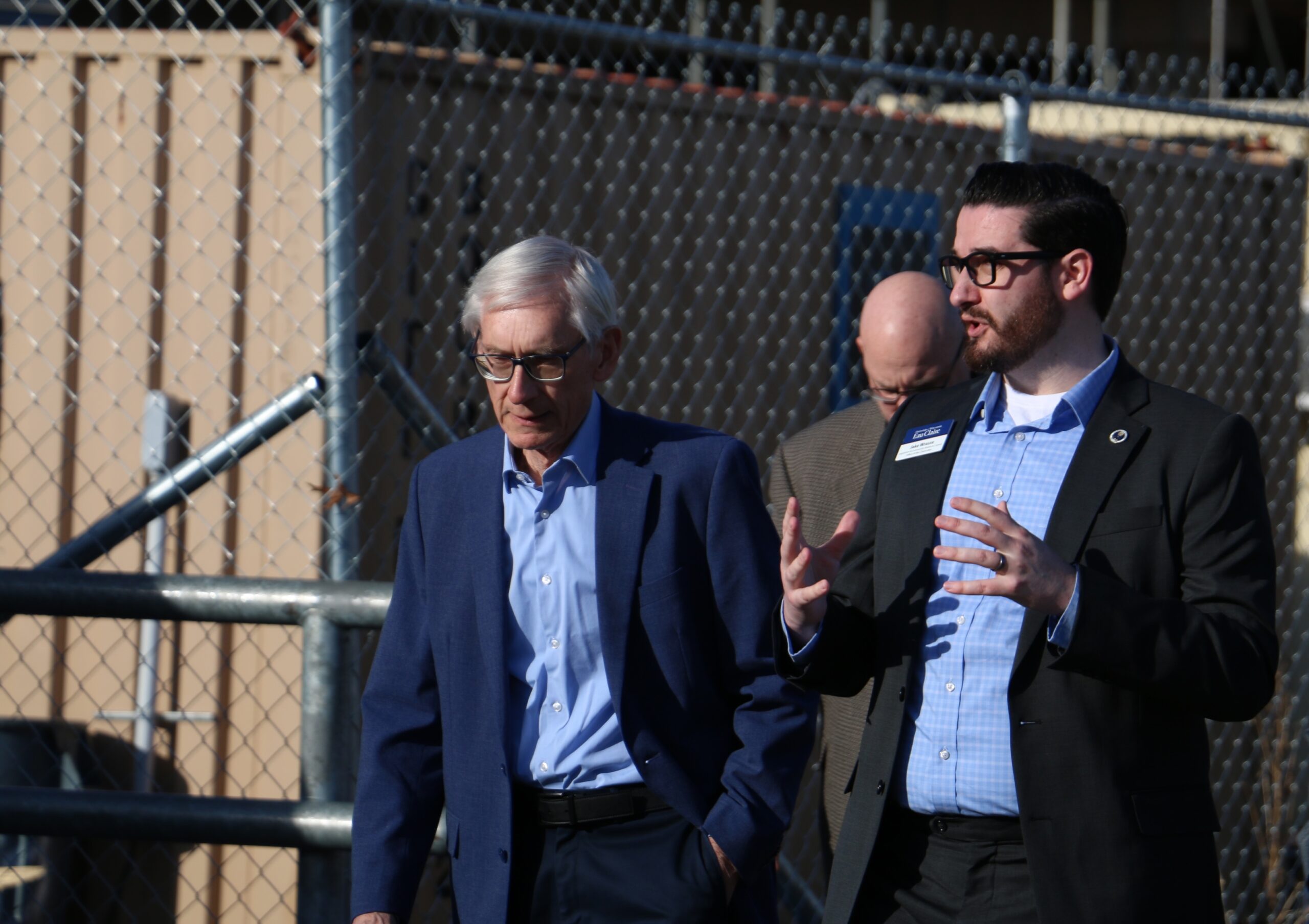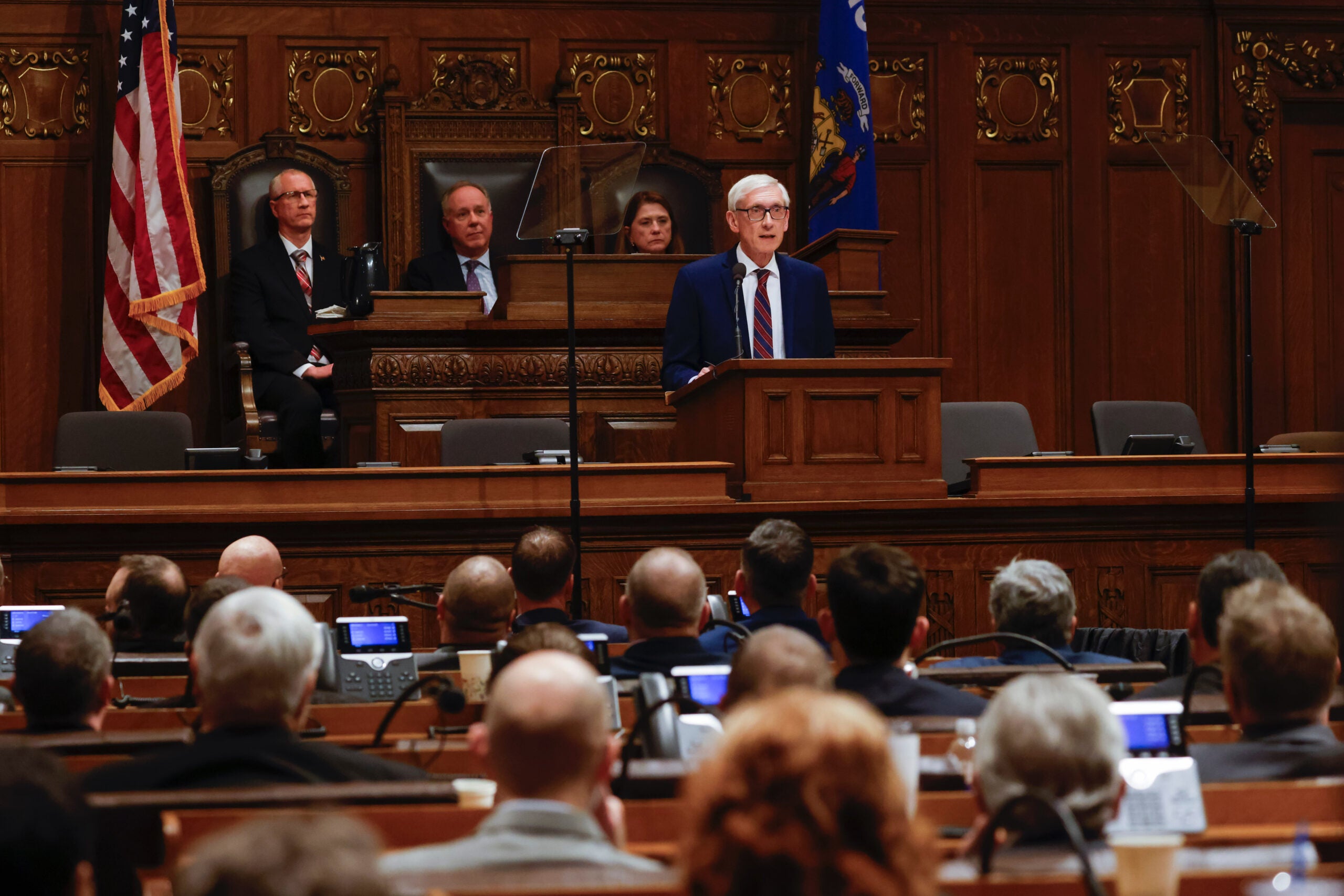Wisconsin’s technical colleges would see more state funding, but far less than Gov. Tony Evers proposed, under a measure approved Tuesday by the Legislature’s finance committee.
The panel, which is run by Republicans, also declined to grant any increase to the state’s financial aid programs for Wisconsin colleges.
While the full Legislature must still sign off, Tuesday’s votes by the powerful Joint Finance Committee send a strong sign that the decisions are likely to be part of the final spending plan lawmakers send to the governor’s desk.
Stay informed on the latest news
Sign up for WPR’s email newsletter.
Evers can use his partial veto pen to remove items from the budget, but he can’t easily put money back in.
Republicans voted to spend roughly $9.4 million in state tax funding on general aid to the Wisconsin Technical College System. Evers proposed spending nearly $66 million in his budget.
“To me, this is just crazy … in a time when we have a huge fiscal surplus,” said Sen. Kelda Roys, D-Madison. “You can’t say you care about our workforce quantity shortage if we’re providing such paltry funding to one of the most important economic engines of our state.”
Speaking to reporters before the vote, the Republican co-chairs of the budget committee called the funding an investment in technical colleges and a balancing act with the rest of the budget.
“We look to make investments in a variety of important areas and make it all work within an entire budget using real numbers,” said Rep. Mark Born, R-Beaver Dam. “You know, we’re not going to build a budget on fake numbers like the governor.”
The Wisconsin Technical College System Board asked for a $75 million increase in state general aid. In the agency’s budget request, it indicated the funding would provide technical colleges the leeway to develop programs that support student needs, possibly including child care, transportation, food and housing assistance and access to mental health services. The agency said those services would help it increase student retention.
In addition to the general aid, lawmakers approved $5 million in state grants to the technical college system, which was slightly less than the $6.6 million Evers proposed.
Republican lawmakers included no increase in state funding to Wisconsin’s primary program for providing need-based financial aid to college students. Evers had proposed a $17 million increase.
The Wisconsin grants program, which is run by the Higher Educational Aids Board, provides need-based grants to resident undergraduate students enrolled at University of Wisconsin campuses, Wisconsin technical colleges, private nonprofit colleges and universities, and tribal colleges in Wisconsin.
The zero-dollar increase is a continuation of a long trend for Republicans. Evers proposed increased funding for the grants in his first two budgets. Both times, Republicans approved no new funding.
“The fact that the Republican motion does not even offer an inflationary increase to grants to people in need seeking higher education is such a mistake,” said Rep. Evan Goyke, D-Milwaukee. “These are our people.”
According to the nonpartisan Legislative Fiscal Bureau, state funding for Wisconsin grants at the UW System, private colleges and tribal colleges increased a total of about 6 percent over the past decade while it grew by 22 percent at technical colleges. Inflation, as measured by the Consumer Price Index, grew by nearly 28 percent over that decade.
The actions in Wisconsin stand in sharp contrast to broader trends. Nationally, the Fiscal Bureau found state-funded, need-based grant aid increased by nearly 44 percent over the last decade.
The demand for financial aid could escalate as more students become eligible under new federal guidelines set to take effect in 2024.
Wisconsin’s higher education institutions relied on three rounds of federal coronavirus funding during passed by Congress in 2020 and 2021, but those funds are no longer available.
Wisconsin Public Radio, © Copyright 2025, Board of Regents of the University of Wisconsin System and Wisconsin Educational Communications Board.





